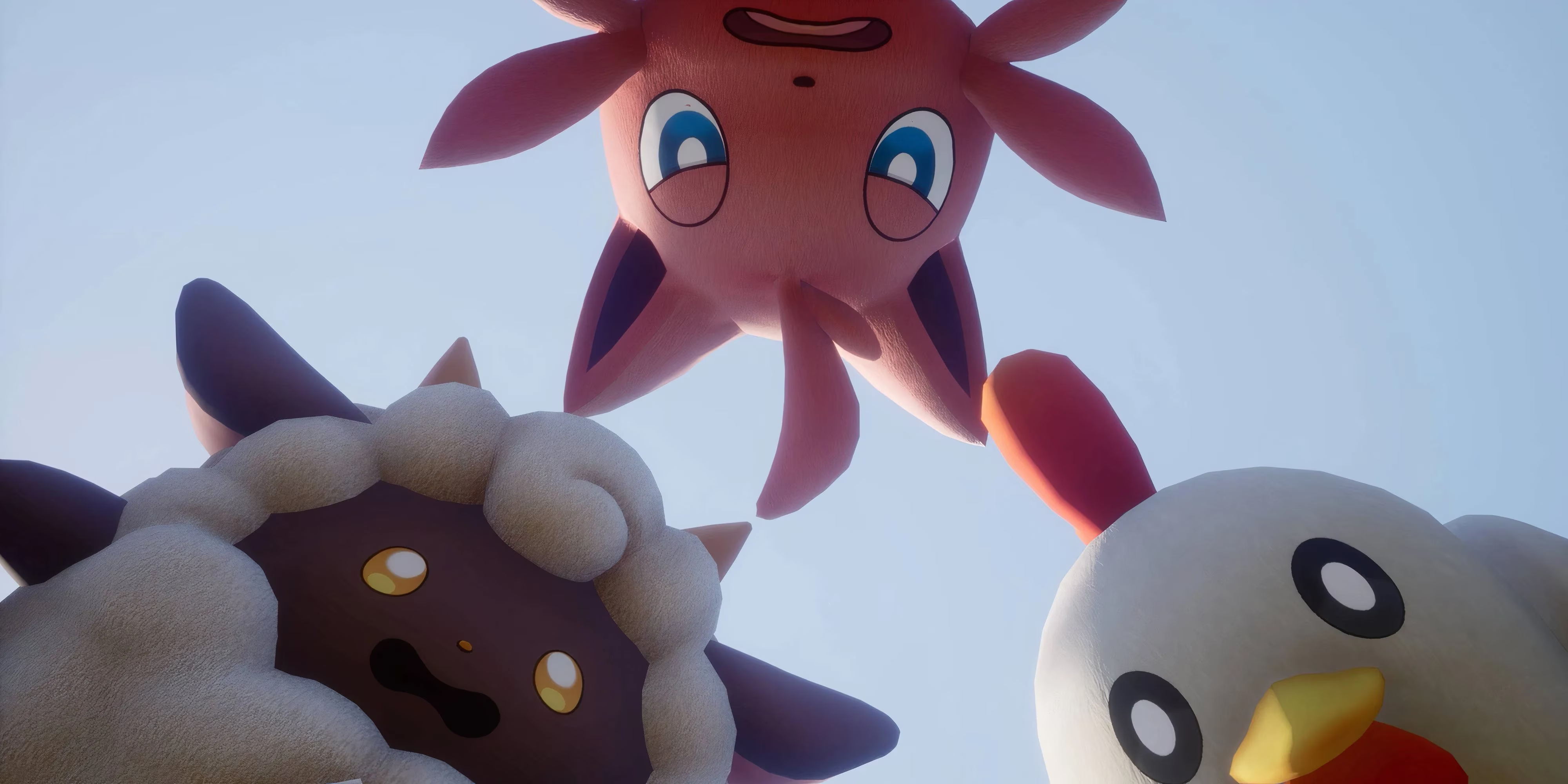Palworld's Legal Fight: A Gamer's View
Legal battle between Nintendo and Pocketpair over Palworld's monster mechanics highlights innovation and patent issues in gaming industry today.
As a professional gamer, I've been glued to the courtroom saga between Nintendo and Pocketpair over Palworld since it erupted last year. It's not just about legal jargon; it's a battle that touches the heart of how we create and play games today. When Nintendo filed that lawsuit in September 2024, alleging that Palworld's monster-capture mechanics infringed on their Pokemon patents, my first thought was, 'Here we go again.' But Pocketpair's defense has turned this into a fascinating case study on innovation in gaming. They're arguing that Nintendo's patents shouldn't have been granted at all because similar mechanics have been floating around for ages in other titles and fan mods. 😮 Honestly, as someone who's spent countless hours in open-world games, this feels like a wake-up call for the industry.

Now, diving into the specifics, Pocketpair's lawyers are making a bold move by pointing to a slew of games that predate or parallel Pokemon's systems. In their legal filings, they highlight how creature-releasing features aren't exclusive to Nintendo—games like Titanfall 2 and Pikmin 3 Deluxe have had similar elements for years. When it comes to capturing monsters, they cite Octopath Traveller and Monster Hunter 4 Ultimate, not to mention mods like the Nukamon mod for Fallout 4. It's wild to see how common these mechanics are across different genres. I mean, I've played Ark: Survival Evolved myself, and Pocketpair is right: its 'smooth switching' for riding creatures to gain abilities was a thing long before Palworld. This list of references is mind-boggling—Craftopia (Pocketpair's own game), Ark, and even a Dark Souls 3 mod called Pocket Souls are all dragged in as evidence. 🎮
But here's where it gets messy. Pocketpair insists that if Nintendo didn't go after all these other instances, why target Palworld now? It's a clever defense, but as a gamer, I can't help but wonder about the mod authors caught in the crossfire. Their work is being cited in a high-stakes lawsuit, and that might discourage future creativity in the modding community. In 2025, with gaming evolving so fast, this case raises big questions about patent trolls and innovation. I've seen firsthand how indie devs push boundaries, and if Nintendo wins, it could stifle that spirit.
To give a clearer picture, here's a quick table summarizing some key games and mods mentioned in the defense:| Mechanic Type | Examples Cited | Year Released | |-------------------|---------------------|-------------------| | Creature Releasing | Titanfall 2, Pikmin 3 Deluxe | 2016, 2020 | | Monster Capturing | Octopath Traveller, Monster Hunter 4 Ultimate | 2018, 2015 | | Smooth Switching | Ark: Survival Evolved | 2017 | | Fan Mods | Nukamon (Fallout 4), Pocket Souls (Dark Souls 3) | Various |
This isn't just legal nitpicking—it's about the essence of gaming. As I reflect on my own experiences, I recall playing Palworld and thinking, 'Yeah, it's familiar, but so what?' The industry thrives on iteration. Yet, the argument feels shaky at times; jumping from mods to AAA titles in court documents shows how fluid these debates can be. Will the judge buy it? Only time will tell, but the implications are huge. If patents like this get upheld, what's next? Could we see lawsuits over every little similarity? 😟
In the end, this whole ordeal has me pondering the broader landscape. As we head deeper into 2025, with AI and cross-platform play booming, the lines between inspiration and infringement are blurrier than ever. Pocketpair's stance might save them, or it could backfire spectacularly. What do you think—should game mechanics be patentable at all when so many build on shared ideas?
